
By Thomas Lakeman
Forty minutes into Jaws, we think we know why Martin Brody is getting drunk. He tried to shut down the beach and Mayor Vaughn talked him out of it. Consequently a local boy, Alex Kintner, was killed by a shark—probably the same one that took poor Chrissie Watkins. Even though some reward-happy fisherman caught a tiger shark (what is this bite radius crap?), Mrs. Kintner still slaps Brody in the face. Because he knew the water was dangerous, and he kept the beaches open anyway. So of course he’s gonna get drunk about it.
But that’s not why Brody keeps filling his water glass with booze. He’s drinking because he’s already made up his mind what he has to do next, and he doesn’t want to, and the only way he can make himself is if he’s three sheets to the wind. He’s going to cut that tiger shark open, and depending on what he finds, he’s going to have to do something about it. That means getting into a boat. And boats go into the water.

Why is Martin Brody afraid of the water? It’s something that everybody on Amity seems to know about him, and he knows they know, and every time it comes up he finds a way to shut the conversation down. Vaughn suggests that Brody is “rushing” to shut down the beaches, implying that Brody is acting out his own fears. At the beach, a swimmer named Harry says, “We know all about you, Chief. You don’t go in the water at all, do you?” to which Brody famously observes, “Yeah, that’s some bad hat, Harry.” And then there’s this observation by his wife Ellen:
ELLEN: Martin hates boats. Hates the water. On the ferry to the mainland, he sits in the car the whole way over. He’s got this childhood thing, there’s a clinical word for it.
BRODY: Drowning.
So what is it about, this “childhood thing”? Does it represent some Freudian or mythic inner conflict? Where does Joseph Campbell stand on all this? Is it really just as simple as not wanting to drown? Do as many screenwriters claim credit for it as Quint’s Indianapolis speech? Is it in the novel? Whatever the reason, whatever its source, it defines Martin Brody’s character arc even more clearly than his three-ton antagonist: he wants to get rid of the shark, but first he needs to get into the water.
For the record, the clinical term is aquaphobia (fear of water), though a psychiatrist might be more likely to diagnose him with thalassophobia (fear of deep bodies of water). According to the DSM-IV, it is marked by “persistent fear and avoidance of water,” to a degree that “interferes significantly with the person’s normal routine” (fearing to protect an island community from a shark would seem to qualify). Common causes include “traumatic water-related events,” “vicarious trauma” (such as watching the movie Jaws, the manual notes), or “cultural narratives that portray the sea as dangerous or unknowable.”
Since we have no evidence that Brody grew up in a Norwegian fishing village hearing tales of the Kraken—and it’s a safe bet that he’s never seen the movie Jaws—it’s plausible that Ellen Brody knows what she’s talking about. Unfortunately that throwaway line “it’s a childhood thing” is the only clue the script gives us. Which is not to say that the answer doesn’t exist. But we are going to have to dive in a little.
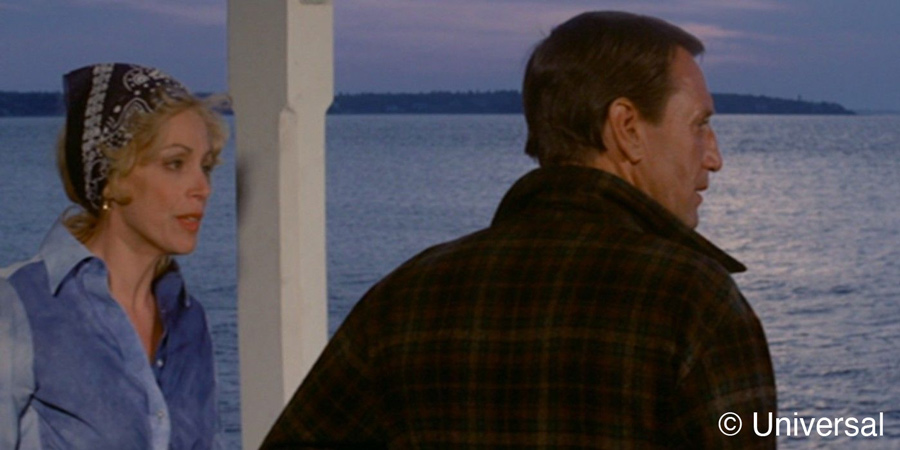
Let’s start with Peter Benchley and his novel Jaws. Like the well-endowed man of the limerick, Benchley grew up in Nantucket, where he was fond of the water and fascinated by sharks. Autobiographical explanations of Brody’s fears therefore seem unlikely. Even so, Benchley is not altogether silent on the topic. He doesn’t say that Brody is afraid of the water, only that he “dislikes” it. But then there’s this brief, tantalizing passage:
In Brody’s dreams, deep water was populated by slimy, savage things that rose from below and shredded his flesh, by demons that cackled and moaned.
This jibes with what we read in the DSM-IV. Most sufferers of thalassophobia report that it’s not the water itself that frightens them but what might be lurking in it. As with J.R.R. Tolkien’s Watcher in the Water outside the gates of Moria, or the Dianoga in the Death Star trash compactor, the fear of slimy things in the depths seems to be wound up in ancient terrors—what mythologists term a cthonic fear, the fear of monsters submerged deep within the psyche: that is to say, a fear of your deepest self. Joseph Campbell (you knew I was getting here, didn’t you) calls this a “belly of the beast” moment. Like Jonah vs. the Whale or Pinocchio vs. Monstro, you have to know what it is to be swallowed up by your fears before you can overcome them. Hence Brody getting blind drunk.
This passage from Benchley’s novel also helps to bust a persistent myth about the movie: namely, that Brody’s fear of the water was a screenwriter’s invention. Yes and no. No, it wasn’t invented just for the movie. But also yes, the screenwriters did more with it than Benchley ever intended. Peter Benchley only tells us how Brody feels, whereas the screenplay shows us what Brody does as a result of his fears—or what he fails to do.
Most folks associated with the movie, including director Steven Spielberg, give credit for the idea to Howard Sackler, writer of the stage play The Great White Hope (whale?) and screenplays for two Kubrick pictures, Fear and Desire and Killer’s Kiss. Spielberg asked him to do an uncredited rewrite of Benchley’s original script and thought Brody’s aquaphobia was a “master stroke.” Spielberg loved the irony that Brody was “coming from an urban jungle to find something more terrifying off this placid island.” In its very simple way, it helped externalize a fear that could have been difficult to dramatize. We spend most of the movie not seeing a shark. By giving Brody a fear of the water, Sackler helps make that fear more visible, as well as a ready answer to the question “Why doesn’t Brody just go kill it?”
Subsequent writers like John Milius and Carl Gottlieb continued to build on Sackler’s idea. It was Gottlieb, a comedy writer, who gave us “bad hat Harry” and Brody’s quip about drowning. Yet it was Howard Sackler who not only suggested Brody’s phobia, but introduced the structure that defines its three lead characters. As a boy, Hooper’s boat sank and a shark ate it. As a young man, Quint’s ship the Indianapolis sank and sharks ate his comrades. Hooper tells a funny story, Quint tells a horrifying one, but they’re essentially the same story; the only difference being that one man came out of his experience with a love of sharks and the other with a hatred of them.
Now, in this movie Jaws, Brody is going to have his own experience with a sinking boat and a shark in the water. This is what the movie owes to Howard Sackler.
Note that the script is clear that Brody does not have a fear of sharks. A modern-day screenwriter would no doubt go that way. We’d get a flashback of young Brody going out on a sailboat with his brother, only to watch his brother get killed by a a hammerhead. The screenwriters of Jaws are a lot more restrained. By not giving us a backstory, we’re shown that it’s how Brody acts on his fears that matters, not how those fears began.
How does he act on them? As Roy Scheider described it, every time Brody has to confront the water, his instinct is to back away. Brody goes to the beach fully clothed, a signal that he does not plan to wet his toes. When Alex Kintner is attacked, Martin runs toward the water—then stops just at the water’s edge, even though his own son is in the water.
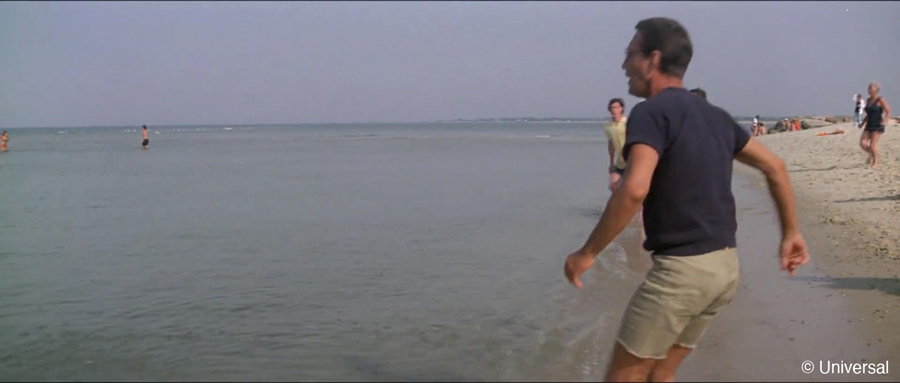
And, of course, there’s his slow retreat after seeing the shark for the first time, leading to his classic “You’re going to need a bigger boat.”
These moments suggest something that might not be obvious on a casual viewing: Brody’s fear of the water isn’t always a weakness. While others are splashing and cavorting in the water, Chief Brody is on full alert—watching the horizon, reacting to every yelp, scanning from two teenagers to a boy chasing his dog Pipit. It’s actually the people who aren’t afraid of the water—Chrissie, Alex, the “You guys okay ovah theah?” guy in the rowboat—who are the quickest to end up as shark chow. Spielberg describes Martin’s thalassophobia as an “everyman fear,” a practical and very realistic one we can all identify with. Maybe the correct term really is “drowning.”
Critics over the years, from Roger Ebert to Pauline Kael, have described Jaws as a fable of manhood. Quint embodies an exaggerated image of manhood—hard-drinking, beer-can crushing—while Hooper is a rich boy with his own anti-shark cage. What they share, and Brody can’t, is that they know what it’s like to face your fears. Once Brody is forced to do the same, he comes through his “belly of the beast” moment stronger than before. He can say truthfully, “I used to hate the water.”
Which is not how psychiatrists recommend treating thalassophobia. Apparently according to the best psychiatric minds, sudden immersion—i.e., nearly drowning and facing a shark—is actually more likely to reinforce the traumatic response. The preferred treatment is gradual exposure: first you look at a picture of the water, then you look at actual water, then you dip your toes in, and so on. All of this requires a cognitive restructuring: you analyze and desensitize yourself to the traumatic event in order to achieve emotional distance from it. I’m sure it’s great therapy, but I can’t imagine a version of Jaws where Brody spends the first half of the movie dipping his toes into a wading pool while a therapist encourages him.
One question the movie never really answers is why Brody should have to overcome his fear at all.
Can’t he just call in the Coast Guard? Or stay home while Quint does the job? There are various rationalizations—it’s local jurisdiction, Mayor Vaughn won’t allow it—but the only reason that matters is that Brody seems to know he has to face this himself. “Well, it’s my party, it’s my charter,” he nervously tells Quint. He’s determined to get onto the boat, but this time he doesn’t have to get drunk before he does it.

He’s made up his mind and he does it: and perhaps that simple act of getting into the boat, and not his final moments in the water, is what defines him as a hero after all.
ABOUT THOMAS LAKEMAN:
Thomas Lakeman discovered darkness way too young and has spent most of his life learning to befriend it. His first professional job at Universal Pictures was answering Chucky’s fan mail. He is the author of three published novels, as well as numerous plays and a thousand ad campaigns. He can quote the Ghost Host’s spiel from memory and knows how to make friends in a cemetery.




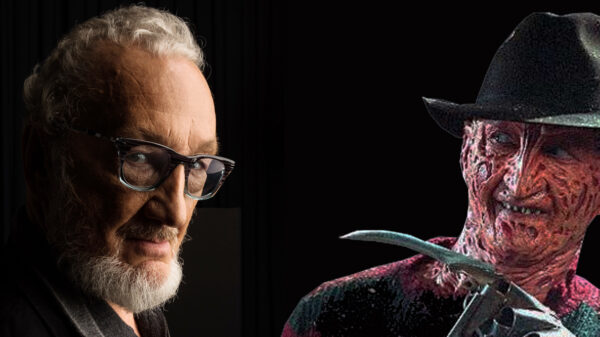

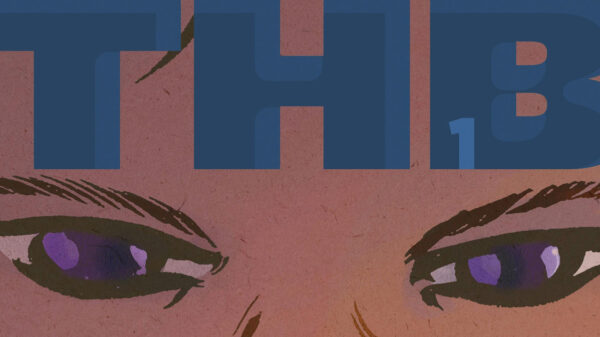

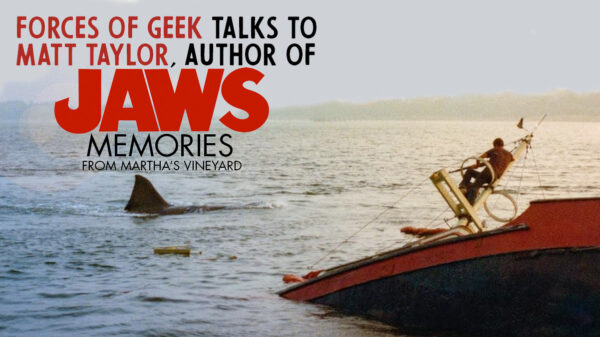
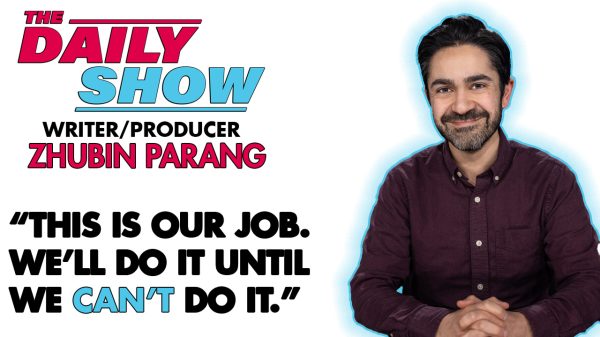
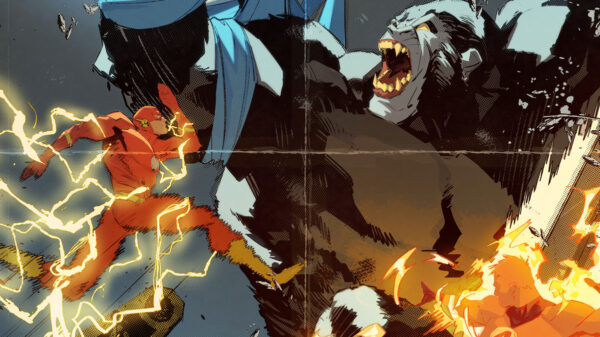
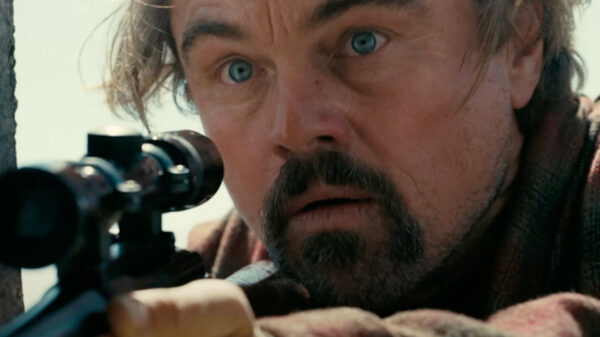
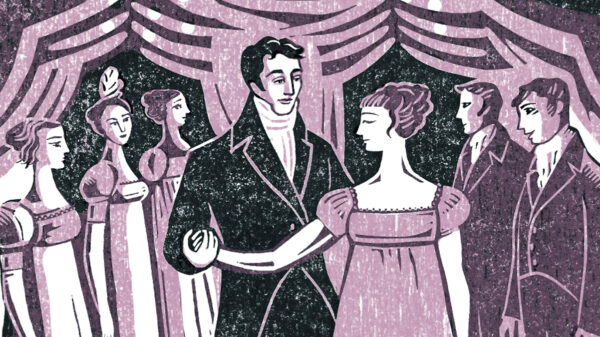







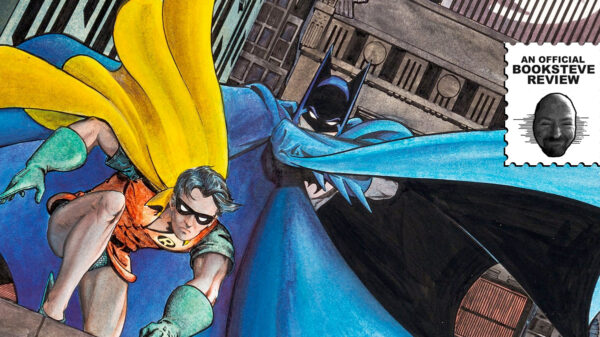
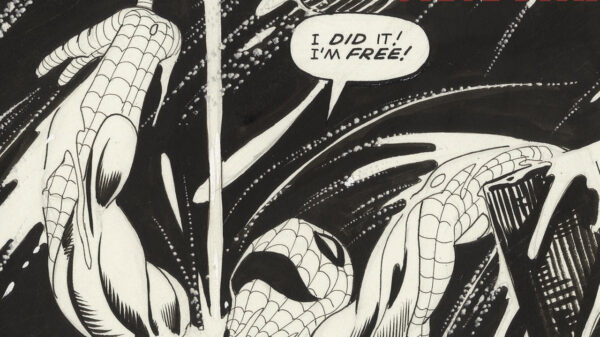
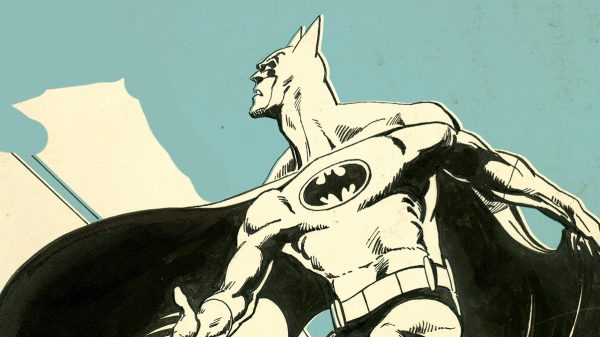

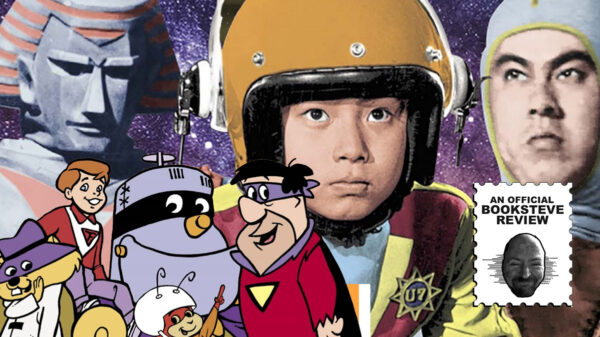

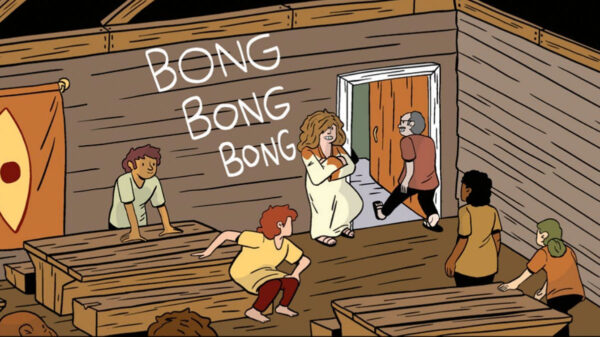
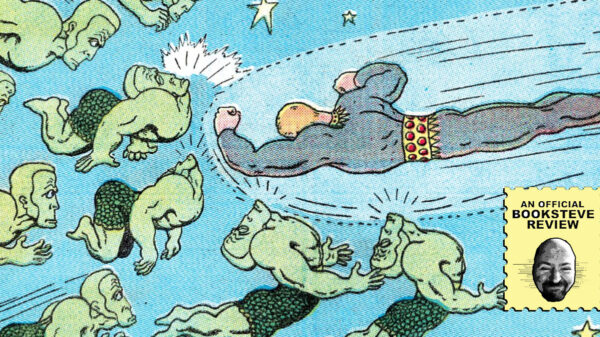
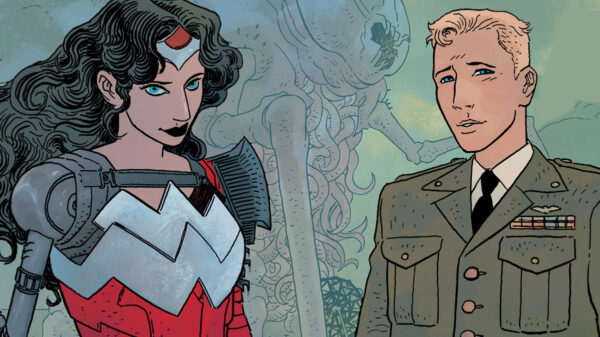









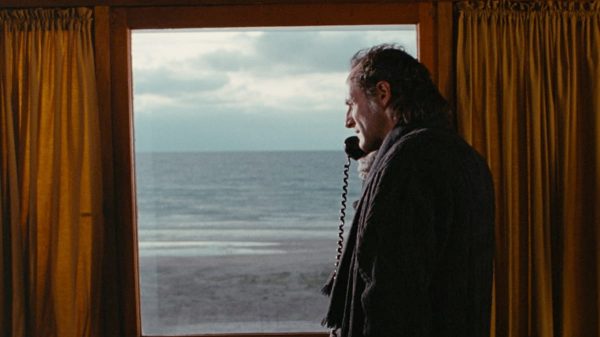

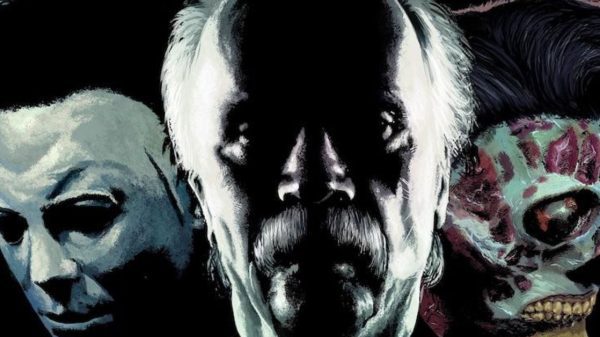
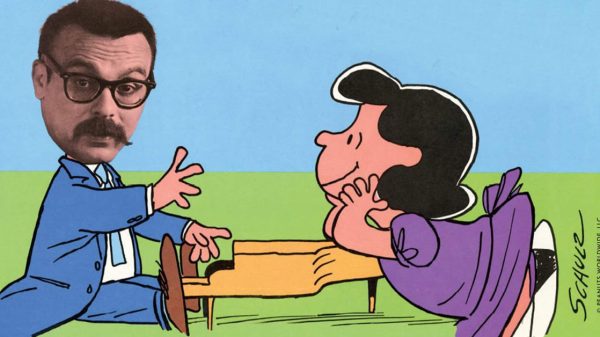
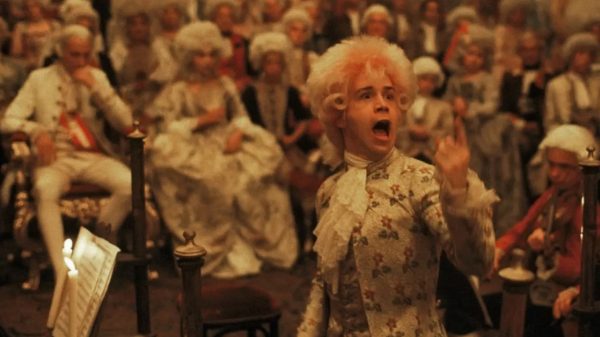











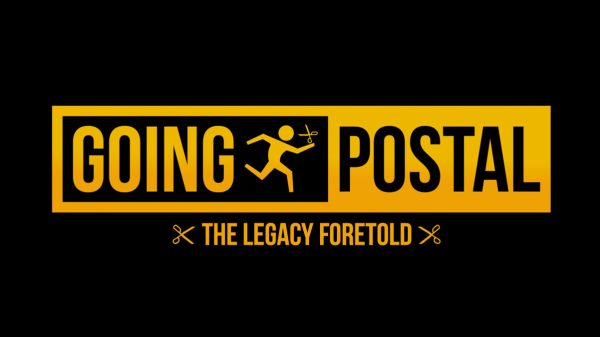

















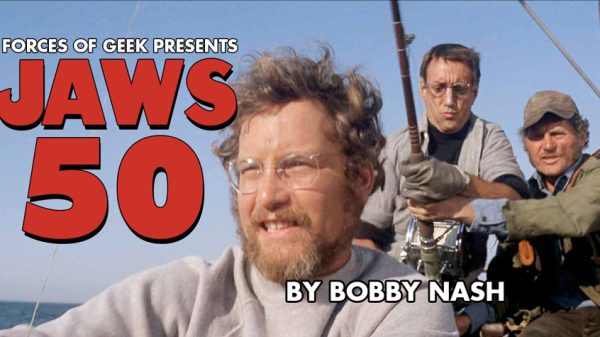









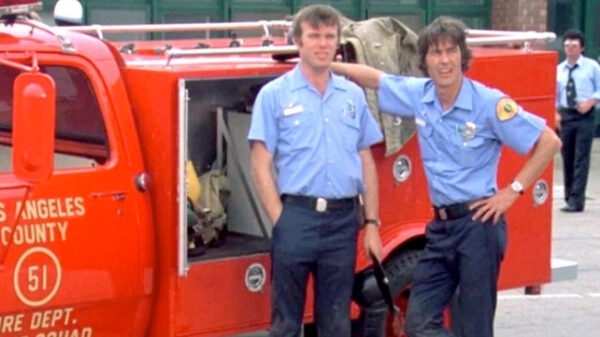
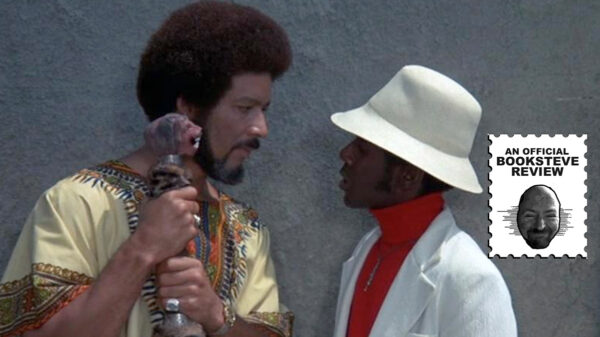
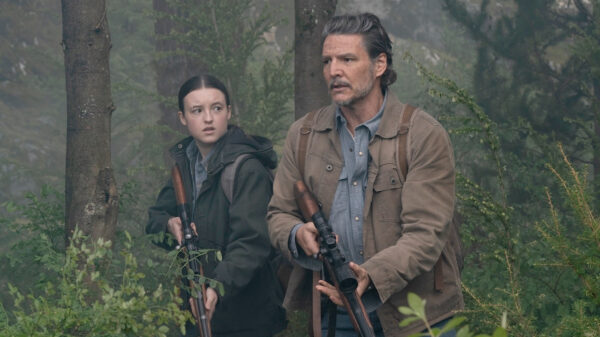





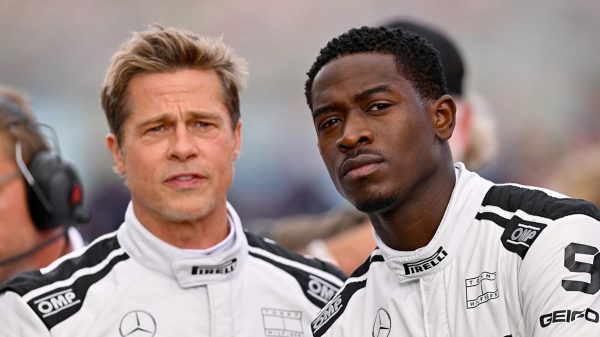






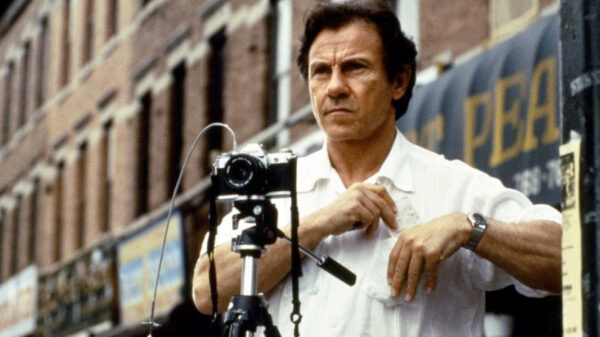
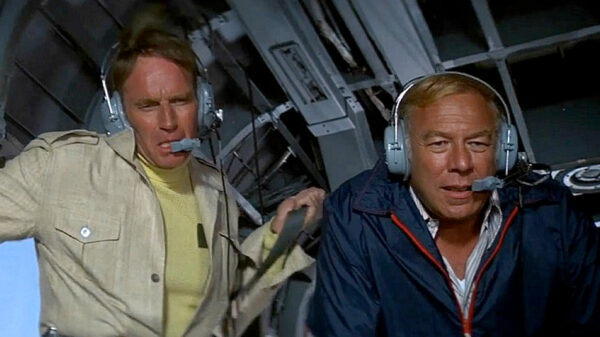
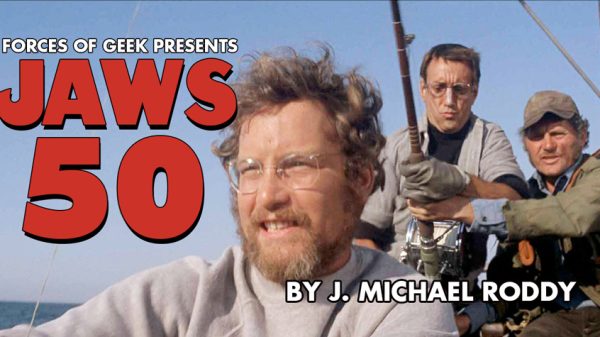







You must be logged in to post a comment Login